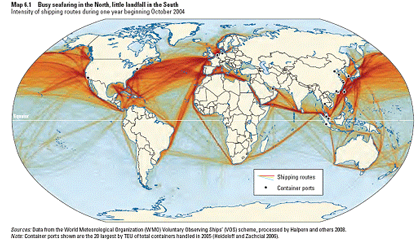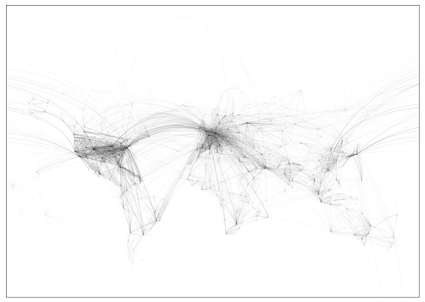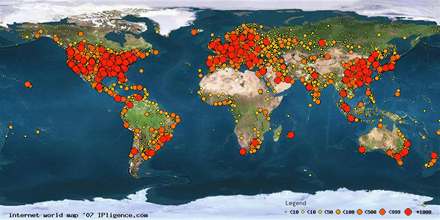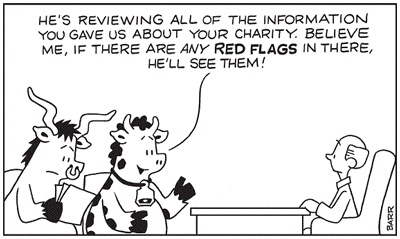Industrial Policy Showdown at World Bank: the policy that may not exist also may not work
The World Bank’s PSD Blog has a good discussion of the debate last Monday between Justin Lin (Chief Economist of the World Bank), Ann Harrison (Head of trade policy division at the Bank and well-known trade economist), and myself (random trouble-maker). The debate was very civil, and I am very grateful to Justin Lin for being so willing to debate his ideas openly (as opposed say to a former Chief Economist who forced me to seek political asylum to escape his enforcers :>) The debate basically boiled down to who is more likely to discover the country’s comparative advantage, the government or decentralized entrepreneurs.
(1) the argument for the government
-- according to Ann Harrison, there could be “latent comparative advantage” in industries with increasing returns – i.e., falling unit costs the more is produced. In these industries, they don’t have a cost advantage now because they are not producing much, but if they produced more they would have lower costs. A government could promote an industry to turn latent into actual advantage.
--according to Justin Lin, the market can handle static efficiency, but can’t handle the transition from one stage of exporting to another, like from lighter to heavier industry. All the government needs to do is look ahead at those countries ahead of it on the technological ladder and promote the next rung on the ladder to find the country’s true comparative advantage.
(2) The argument for many decentralized entrepreneurs seeking the next Big Hit
--If it's so easy for governments to do it, why do we have no success stories of imitating East Asian tigers?
--Ann pointed out that we have little evidence of any actual government policies aimed at finding “latent comparative advantage.” Even deeper than whether industrial policy works is the question of whether it even exists in the real world.
--there are almost 3000 manufacturing products to choose from, so how much guidance does the government get from looking ahead at a very broadly defined “technological ladder?” Entrepreneurs discovered such surprising Big Hits as Fiji exporting women’s cotton suits to the US and Egyptian exports of ceramic toilets to Italy.
--the central government has limited knowledge, limited skills, no direct rewards for finding winners, and lots of problems with corruption (Lant Pritchett reminded me of a recent paper that documented that we can’t even trust Indian civil servants to give out drivers’ licenses) as it tries to pick winners. Entrepreneurs have lots of local knowledge about their industry, specialized skills in that industry, abundant rewards for success, and will not steal from themselves.
--much of the “evidence” that industrial policy “works” is selectively picked from a huge amount of random variation. It focuses almost entirely on industrial policy successes and doesn’t document the much more numerous failures.
In the end, the question boils down to: does a poor country government have a comparative advantage in discovering a poor country’s comparative advantage?
 From Aid to Equality
From Aid to Equality





 We see Beyoncé specializing in music videos, which she trades to Bill Gates for his specialized production of software. We will get more of both music videos and software from Beyoncé and Gates than if each (without the possibility of trade) had been forced to supply their own needs for software and music videos.
We see Beyoncé specializing in music videos, which she trades to Bill Gates for his specialized production of software. We will get more of both music videos and software from Beyoncé and Gates than if each (without the possibility of trade) had been forced to supply their own needs for software and music videos.
 On correcting stereotypes, consider the Willie Horton ad of the presidential election of 1988 of the George Bush, Sr. vs. Michael Dukakis. A political group allied with Bush ran an ad featuring a scary picture of Willie Horton (see also the
On correcting stereotypes, consider the Willie Horton ad of the presidential election of 1988 of the George Bush, Sr. vs. Michael Dukakis. A political group allied with Bush ran an ad featuring a scary picture of Willie Horton (see also the 
